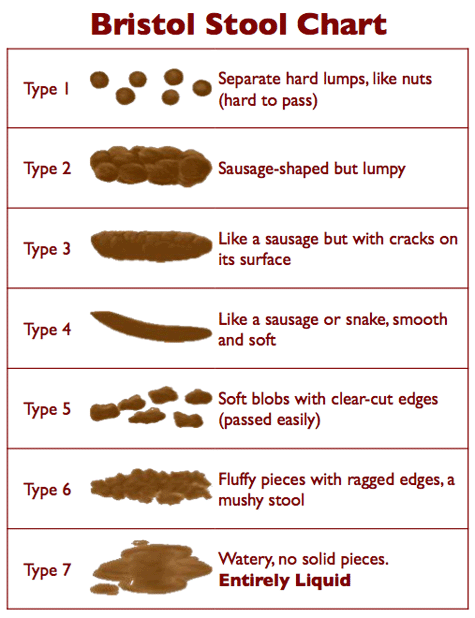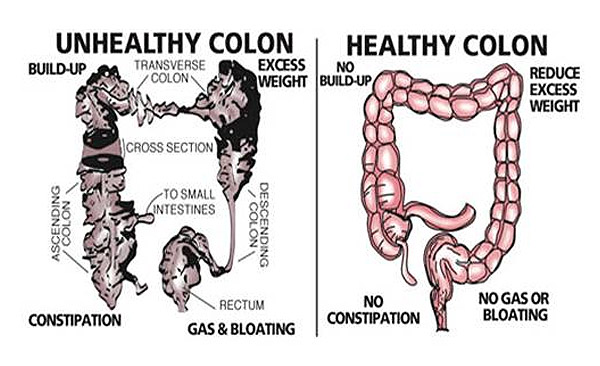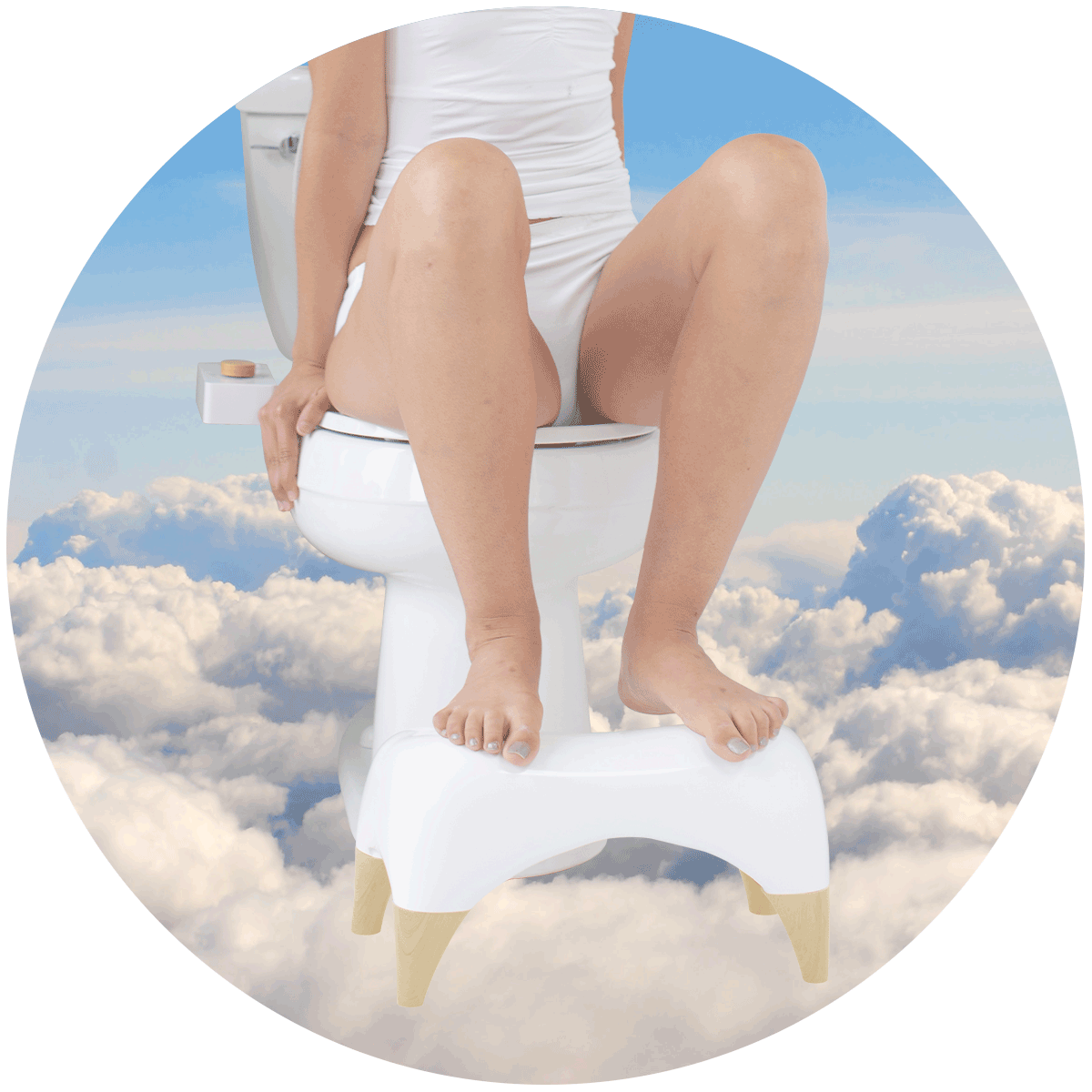Irritable Bowel Syndrome (IBS)
The underline cause of IBS can be Sibo, Candida, parasites and infection. Constipation and diarrhea often alternate.
Change in Life or Routine
When you change your routine your bowel can became constipated. People often become constipated when traveling because their normal diet and daily routines are disrupted. Aging can also cause constipation because of less intestinal activity and muscle tone and slower metabolism. Hormonal changes can also play in constipation. Pregnancy also involves hormonal changes and the uterus can compress the intestine.
Abuse of Laxatives
Almost all laxatives are habit forming. Over time they can damage nerve cells in the colon and damage the ability of the colon to contract and become sluggish. The regular use of enemas can also cause cause loss of normal bowel movement (a big difference from Colonics, colonics respects the natural peristaltic movement of the colon).
Ignoring Urge to Have a Bowel Movement
Lots of people don’t create the time to eliminate regularly or they ignore the urge to go. By ignoring the urge to go it may eventually stop feeling the urge, which can lead to constipation. which is sometimes the result of pain from Hemorrhoids.
Specific Diseases
Some neurologic disorders, metabolic and endocrine disorders can slow the movement of stool through the colon, rectum or anus.
EX: Multiple sclerosis, parkinson, stoke, spinal injures. Diabetes, underactive/overactive thyroid gland, Uremia.
Amyloidosis, Lupus, Scleroderma.
Problems with the colon and Rectum
Anal fissures and hemorrhoids, which can produce a spasm of the anal sphincter muscle. Scar tissue (adhesions), diverticulosis, tumors, colorectal stricture, cancer, they can narrow the intestinal and rectum and cause constipation.
Problems with Intestinal Function (Chronic Idiopathic Constipation)
The reasons are unknown and can be related to multiple problems with hormonal control or nerves and muscles in the colon, rectum or anus.
Ex of functional constipation: decrease muscle activity in the colon
Ex of abnormalities: anorectal dysfunction or animus.
In some cases, lack of good nerve and muscle function in the bowel may also be a cause of constipation.
**In rare cases, constipation may signal more-serious medical conditions, such as colorectal cancer, hormonal disturbances or autoimmune diseases. In children, constipation might indicate Hirschsprung’s disease, a congenital condition that results from missing nerve cells in the colon.










